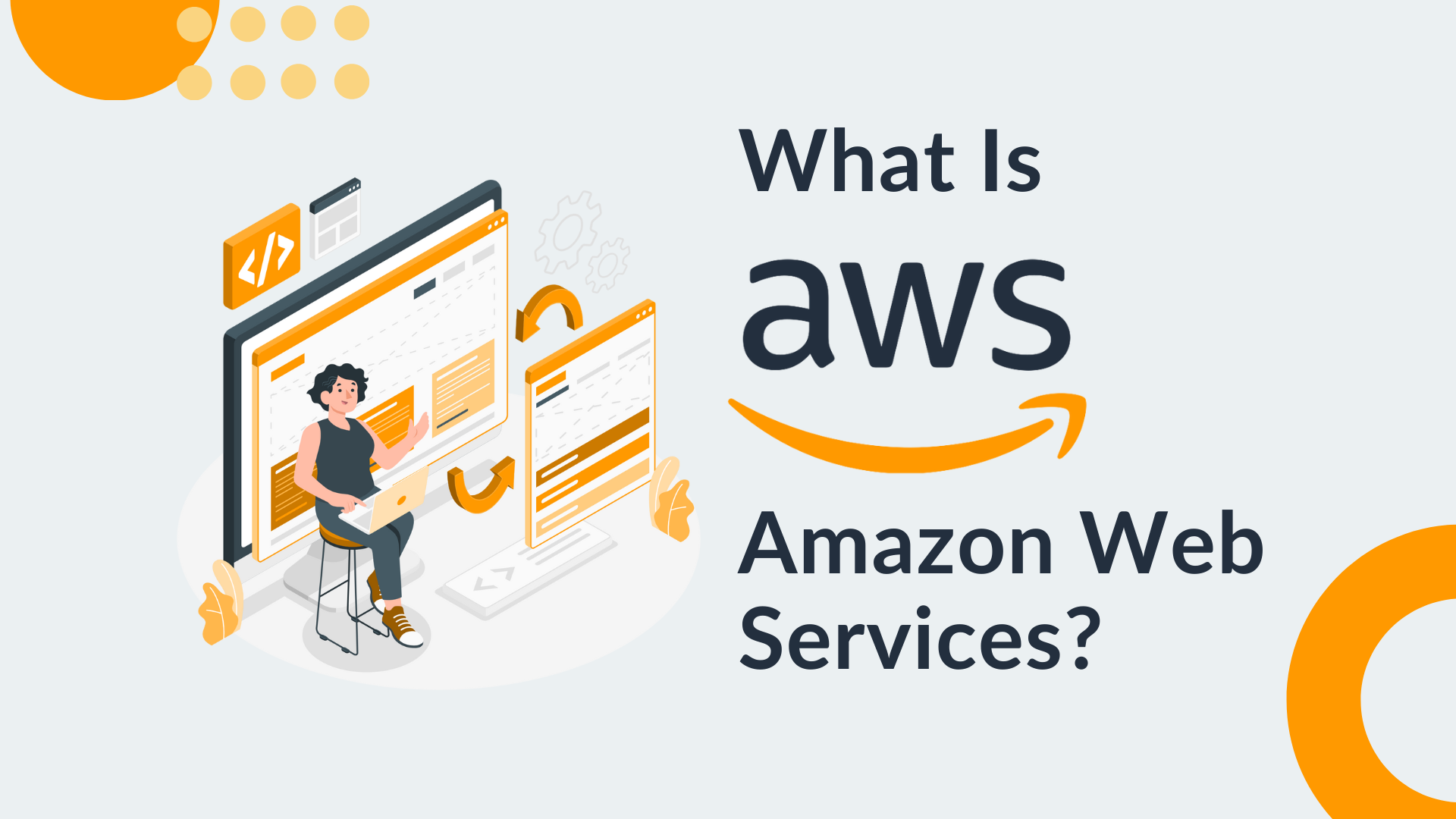Amazon Web Services (AWS) is one of the three biggest cloud service providers in the market, alongside Microsoft and Google. Additionally, it was one of the first cloud providers when it launched Amazon Elastic Compute Cloud (Amazon EC2) and Amazon Simple Storage Service (Amazon S3)16 years ago.
Amazon Web Services are leaders in cloud computing. It was originally introduced to the market in 2002 as a way of providing tools, or services, that included features from Amazon.com to websites. Therefore, it was initially a tool for developers to use. Then, in 2006, its first web services offering was introduced to the mass market which was a success. Today, AWS has millions of active users, more than 100,000 partners and has around a 34% cloud infrastructure market share.
And, in October 2022, AWS was named as a Leader in the Gartner Cloud Infrastructure & Platform Services (CIPS) Magic Quadrant for the 12th consecutive year.
What Is AWS?
AWS is a secure cloud computing platform that provides storage, networking, database and computing power without the need to invest in additional on-premises, or physical, infrastructure.
Why Use AWS?
Consider this. You’ve just identified a great opportunity in the market to make a new application. Now you need to build it and deploy it to the world. But, you only have a small amount of infrastructure and servers to do so. After you’ve bought that infrastructure, built and deployed your application, your user base starts to grow. Now you need more computational resources to serve your app and continue generating revenue from the growing user base. So you buy the extra infrastructure, all whilst continuing to build and evolve your app. Before you know it, you need to invest in additional physical storage space for those servers too. The cost of your CapEx keeps increasing for more and more hardware. Furthermore, you also need to keep increasing server load capacity to manage the traffic fluctuations to match traffic usage to your app.

Instead, when you use AWS cloud services, you can host, store and serve your app virtually. Everything is in the cloud. AWS host everything, store everything and serve everything on your behalf at a subscription charge. You can scale up and down as needed to reflect user and deployment demands without extra CapEx (Capital expenditures) costs. And, you can reinvest that CapEx into actually building your app and user base. Additionally, because everything is hosted in the cloud, you can build and access from anywhere in the world and you don’t need a supercomputer to do so. In fact, you can do it straight from your laptop, or even your mobile phone. That’s the power of AWS cloud computing.
How Reliable Is AWS?
AWS cloud services boasts they are the most secure, extensive and reliable global cloud infrastructure for all your applications. And, it’s easy to see how they match up to that claim. The AWS Cloud spans 87 Availability Zones within 27 geographic regions around the world. And, they’re still growing. They’ve also announced plans for 24 more Availability Zones and 8 more AWS Regions in Australia, Canada, India, Israel, New Zealand, Spain, Switzerland, and Thailand. Currently, AWS covers 245 countries and territories. It has the largest global infrastructure footprint of any provider, and this footprint is constantly increasing at a significant rate. So, you don’t need to worry about running out of server load, storage capacity or unplanned system outages anytime soon.
And, some of the biggest companies in the world rely on AWS including Netflix, Capital One, Pfizer and Adobe to name a few.
How Much Does AWS Cost To Use?
The platform has a Pay-As-You-Go (PAYG) pricing model. That means you only pay for what you use. However, as with all cloud providers that offer this subscription model, there are a few watch-outs to bear in mind. Check them out here.
Is AWS Secure?
Yes. AWS offers an incredibly secure end-end security solution as part of their service.
What Services Are Included With AWS?
Today, AWS cloud services offers over 200 services to users, Some of the more popular services include:
|
|
|
|
Other Services
|
|
What Is AWS Flexibility Like?
AWS provides users with flexibility and scalability. The flexibility comes from users being able to choose their operating system (OS), programming language and more. Additionally, the scalability comes from the ability to leverage the platform to dial up or dial down additional infrastructure as needed. For example, your business may go through a period of growth, where it needs additional computational resources like storage or GPU to drive that growth. Historically, businesses would be at the helm of investing in additional infrastructure, waiting for it to arrive, building (and the labor involved with that) and so on. Then when the growth phase was over and the infrastructure was no longer needed, businesses would be left with unused resources. However, with cloud computing, that doesn’t happen. You simply create the infrastructure (like storage) virtually which is hosted in AWS cloud services data centers around the world. You pay for what you need when you need it. And when you’re done, you simply remove the capacity demand. Simple.
Is AWS Easy To Use?
Yes. Users can host applications quickly and securely. Furthermore, additional users can be set up in just a few clicks from a predefined image of existing environments. This can reduce the need for upfront CapEx and RevExinvestment. AWS also provides services to support application development throughout the entire development lifecycle.
AWS is constantly evolving too. But they are also great at keeping users updated of their changes. And, if you prefer things in more bitesize content, you can also check out the range of quarterly AWS update snapshots that we release which are even easier to digest.
How Can AWS Help Developer Operations (DevOps)?
At the heart of any great business is a hardworking DevOps team driving change and pushing boundaries. Additionally, DevOps are known for driving quality, pace and agility in tandem with high-performing security (DevSecOps) for their software projects. We’ve written before about how critical it is to implement DevOps within the business, and have even created blogs showcasing how to avoid some of the common pitfalls when implementing DevOps. And, even how to choose the right tools for DevOps. We like DevOps. They are critical to business acceleration and growth. Amazon Web Services sits neatly in the heart of DevOps by providing some of the best services, infrastructure, and support available to match the DevOps culture.
And let’s not forget, part of the acceleration in today’s market is absolutely having a cloud strategy. Check this blog for things you should consider when creating yours.
AWS APIs And Integrations
AWS cloud services provide extensive third-party application support. Additionally, you can enable decoupled services to talk to each other through the even more extensive integration functionality allowing you to focus on even more innovation.
Conclusion
AWS is a cloud computing services platform that enables cost reduction, agility, scalability, security and innovation. Developers all over the world utilize AWS to grow businesses. With around a 34% cloud infrastructure market share and a Leader in the Gartner CIPS for 12 years running, users can rest assured knowing AWS is a reliable service.
AWS provides some of the best cloud computing services in the market for application building, deployment, storage, networking, machine learning, and more. Additionally, it complements the heart of any modern business – a solid DevOps team.
If you need support or guidance to get started using AWS, contact our team for a no-obligation discussion.






